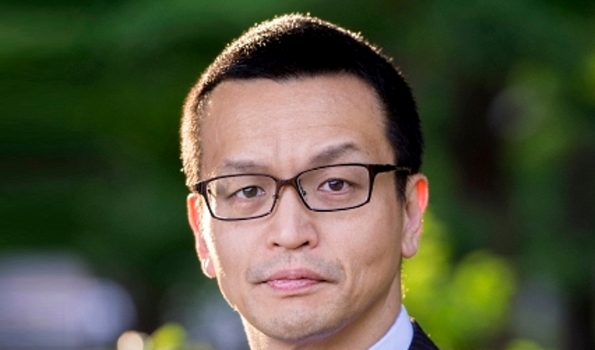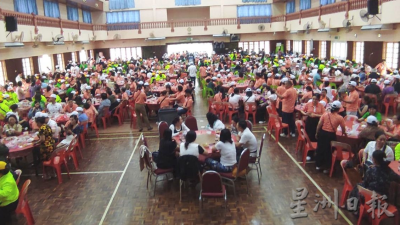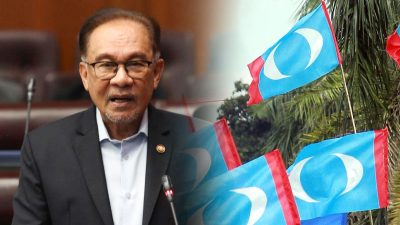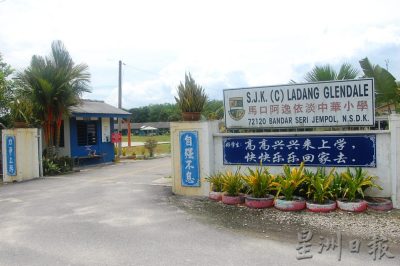
By Atsuhito Isozaki
On August 28, Prime Minister Shinzo Abe expressed his intention to resign. He is the longest-serving prime minister in Japanese political history and has visited about 80 countries during his tenure, having established his position of conducting "diplomacy that takes a panoramic perspective of the world map." While this helped him succeed in building the image that he is good at diplomacy, he has been unable to achieve a resolution to the abduction of Japanese citizens by North Korea, which he regarded as "a matter of utmost importance, a top priority for the Abe administration."
Japanese politicians, regardless of whether they are from the ruling or opposition parties, have emphasized the abduction issue and condemned the insincerity of North Korea. This is a national issue in which Japan, which has faced criticism as an offender in East Asia, can make a grand claim for its position as a flawless victim.
Eighteen years ago the first-ever Japan-North Korea summit was held between then Prime Minister Junichiro Koizumi and Chairman of the National Defense Commission Kim Jong-il, and at that time five abductees were returned to Japan. Mr. Abe, who was then Deputy Chief Cabinet Secretary, gained great popularity by taking a hard-line position against North Korea that was more severe than other politicians'.
As North Korea strived to develop nuclear weapons and missiles, Prime Minister Abe continued to blame North Korea, declaring in 2017, "We will defend to the end the lives and the peaceful daily lives of the people against the North Korean threat," and that the dissolution of the House of Representatives was a "dissolution to achieve a breakthrough regarding our national crises," even though there was already the possibility at that time that North Korea could shift toward active engagement in a dialogue with Japan.
In May 2018, when President Trump cancelled the U.S.-North Korea Summit, Prime Minister Abe respected and supported the decision. (After subsequent negotiations, the U.S.-North Korea Summit was held in June as planned.) In addition, in February 2019, even though the Second U.S.-North Korea Summit in Hanoi resulted in no agreements, Prime Minister Abe said that he would "fully support" the decision of President Trump. North Korea carefully observed these words and actions and interpreted them as meaning that Prime Minister Abe's goal was scoring points in Japan and that, in reality, he did not intend to move forward with Japan-North Korea relations.
It goes without saying that mutual concessions are necessary to resolve diplomatic issues. A hard-line stance against a de facto enemy country rarely bears diplomatic fruit, although it may help a leader gain domestic support. Prime Minister Abe, who had been fully committed to sanctions, finally began discussing an "unconditional dialogue" with North Korean Chairman Kim Jong-un after the second U.S.-North Korea Summit was held, but there was little room for a summit to be arranged between Japan and North Korea because distrust of Japan had already reached a peak in North Korea.
North Korea is the only United Nations member state with which Japan does not have diplomatic relations, and the development of an effective communication channel will be the first step for diplomacy. Although the United States also has no diplomatic relations with North Korea, either, the "New York Channel" has continued to function through the Permanent Mission to the UN. It is said that last year Prime Minister Abe directly asked President Trump for an introduction to a "point of contact" with North Korea. In other words, the Abe Administration had been unable to establish a channel for communications connected to the Pyongyang inner circle.
Everyone knows that negotiations with North Korea are difficult, but nothing can happen without dialogue. While President Trump has repeatedly held summits on the back of the overwhelming military power and economic force of the United States, the Kim Jong-un Administration is unwilling to easily relinquish its nuclear weapons. Although Prime Minister Abe raised expectations by repeatedly saying, "my mission will not be complete until the day when the abductees again walk the ground of their hometowns and join their family members in an embrace," he was unable to realize even one summit.
Former Prime Minister Koizumi is also known as a conservative politician, but he listened to the opinions of other parties. He expressed "deep remorse and heartfelt apology" for Japan's colonial rule in the past to push North Korea to apologize by turning its claim that the abductions are a "fabrication" made up by the Japanese government around 180 degrees, and even promised the normalization of diplomatic relations. This is an example of achieving a diplomatic goal by reaching out to North Korea, in the face of the risk of criticism from domestic conservatives, which were his power base.
It is necessary for the next prime minister to persistently work in his foreign diplomacy to enable the people to understand that it will be difficult for Japan to get the world to accept 100% of its claims.
(Atsuhito Isozaki is Associate Professor at Keio University, Japan.)
ADVERTISEMENT
ADVERTISEMENT


































